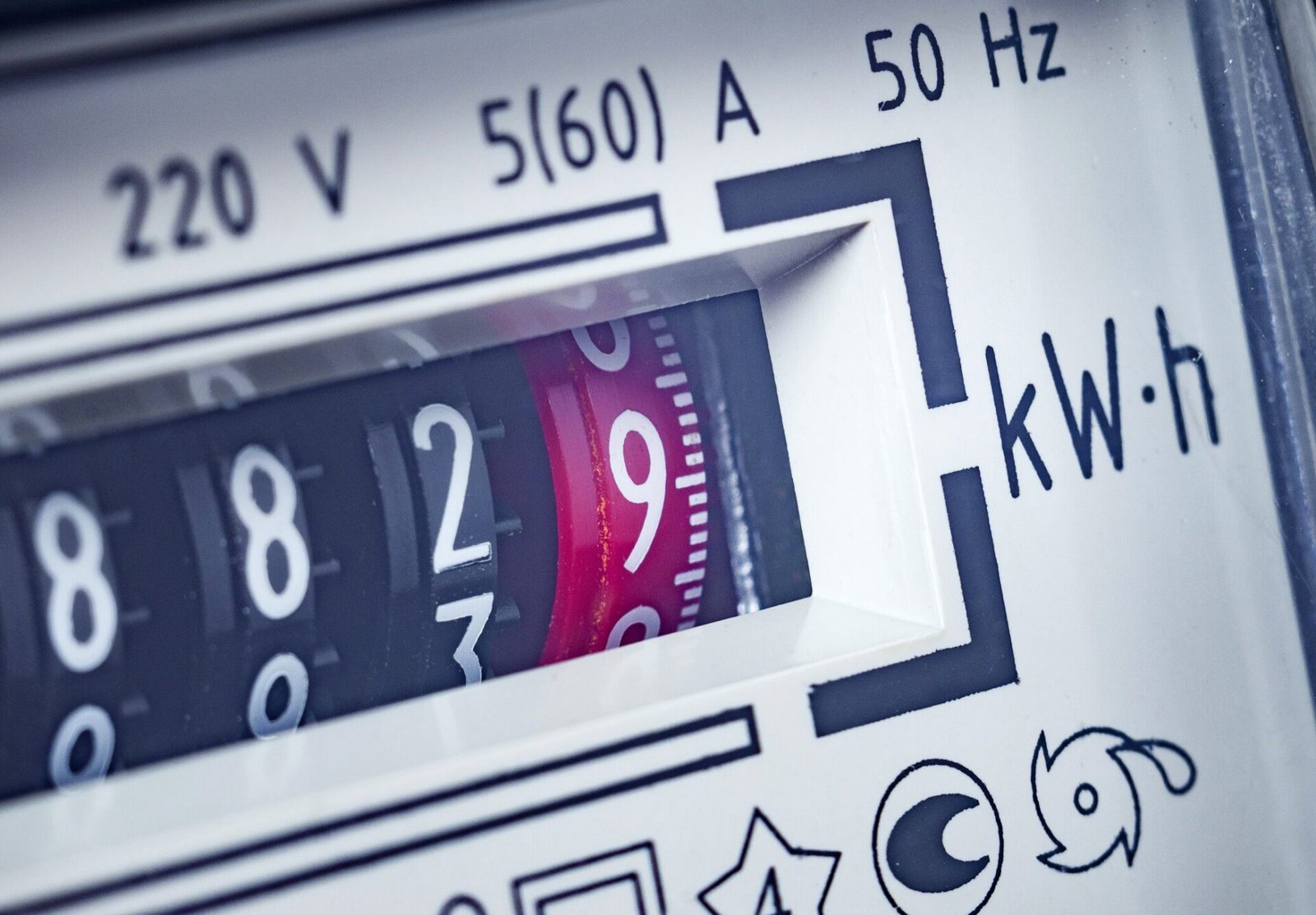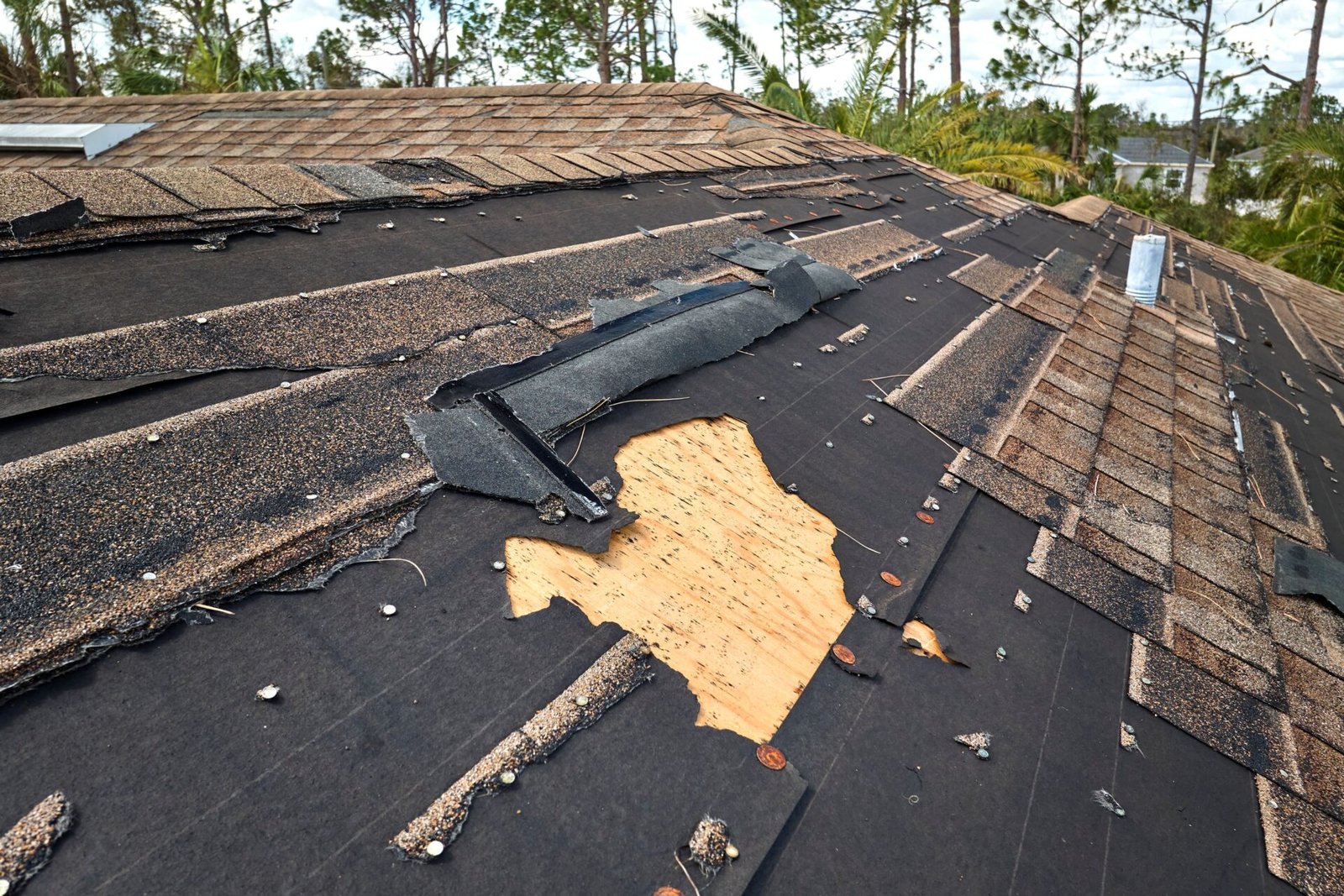The transition to clean, renewable energy sources has become a pressing global priority. Solar power, in particular, has emerged as a beacon of hope in the battle against climate change. Residential solar installation offers homeowners an opportunity to reduce their carbon footprint, save money on energy bills, and increase the value of their property. In this blog post, we’ll delve into the world of residential solar installation, exploring its benefits, the installation process, and some key considerations to make when embracing the power of the sun.
The Benefits of Residential Solar Installation
Clean and Renewable Energy: Solar panels harness the energy of the sun to produce electricity. Unlike fossil fuels, solar power is clean and inexhaustible, making it a sustainable choice for homeowners looking to reduce their environmental impact.
Savings on Energy Bills: One of the most compelling reasons to install solar panels is the potential for
significant savings on your energy bills. By generating your electricity, you can reduce or even
eliminate your reliance on the grid.
Increased Property Value: Solar panels can boost the resale value of your home. Potential buyers
are increasingly looking for energy-efficient properties, and solar panels can be a significant selling
point.
Federal Investment Tax Credit (ITC): The Federal ITC was one of the most significant incentives for solar energy. It allowed homeowners and businesses to claim a tax credit equal to a percentage of the cost of their solar panel system installation. As of 2021, the ITC provided a 26% tax credit for residential and commercial solar installations, which reduced the overall cost of the system.
The Residential Solar Installation Process
Assessment and Design: The process begins with a comprehensive assessment of your property to determine its suitability for solar installation. Factors such as roof orientation, shading, and local climate are considered. A customized solar panel system is then designed based on these factors.
Permitting: Before installation can begin, you'll need to obtain the necessary permits from your local government. This step ensures that your solar panel system complies with building codes and regulations.
Installation: The installation team will mount the solar panels on your roof or on the ground, depending on your property and design. They'll also install inverters and wiring to connect the system to your electrical panel.
Connection to the Grid: In most cases, your solar panel system will remain connected to the grid. This allows you to use grid electricity when your solar panels aren't producing enough power, and to sell excess electricity back to the grid when you generate more than you need.
Monitoring and Maintenance: Once your system is up and running, it's essential to monitor its performance and schedule regular maintenance to ensure optimal efficiency.
Key Considerations
Financial Planning: Calculate your budget and explore financing options. Solar installation costs can vary depending on factors such as the size of the system and location.
Solar Panel Types: Research different types of solar panels (monocrystalline, polycrystalline, thin-film) to determine which suits your needs and budget best.
Warranty and Quality: Invest in high-quality solar panels and equipment with substantial warranties. Quality products can lead to better long-term performance and reliability.
Local Regulations: Be aware of local regulations, incentives, and rebates that may impact your solar installation.
Finding a reputable solar installation company
Research Local Companies: Start by searching for local solar installation companies.
Check Credentials: Ensure they are licensed and certified in your state.
Read Reviews: Look for online reviews and ratings to gauge their reputation.
Get Multiple Quotes: Request quotes from several companies to compare costs.
Ask for References: Contact previous customers for feedback.
Verify Insurance: Confirm they have liability insurance.
Evaluate Equipment: Inquire about the quality of solar panels and equipment.
Understand Warranties: Review warranties and post-installation support.
Explore Financing: Ask about financing options and incentives.
Ask Questions: Don’t hesitate to seek clarification.
Trust Your Instincts: Choose a company you feel comfortable with and trust.
Residential solar installation is a sustainable and cost-effective way to power your home while reducing your carbon footprint. With numerous benefits, including energy savings, increased property value, and environmental impact, it's a step toward a greener and more sustainable future. If you’re considering making the switch to solar energy, start by assessing your property, researching incentives, and connecting with reputable solar installation companies. By doing so, you can harness the power of the sun and contribute to a cleaner, more sustainable planet while enjoying the financial rewards of solar energy.





